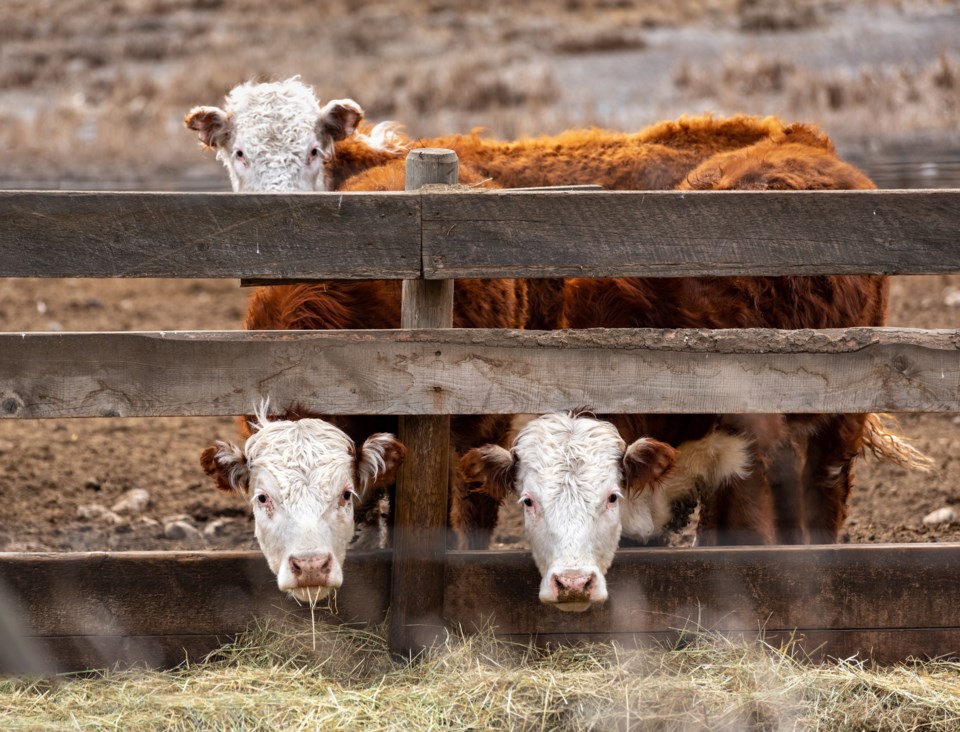B.C. cattle ranchers who usually see their product shipped south are looking at ways to get beef east to Canadian markets in the face of steep 25 per cent tariffs confirmed over the weekend by U.S. President Donald Trump.
On Saturday, Trump said 25 per cent tariffs would be imposed against all goods imported from Canada effective Tuesday.
Prime Minister Justin Trudeau responded with matching 25 per cent tariffs against $155 billion worth of American goods, including alcohol, furniture and natural resources.
Kevin Boon, general manager of the Kamloops-based BC Cattlemen’s Association, told Castanet he expects beef to start moving east-west rather than north-south.
“In Canada we export in the west and import in the east — it’s easier going north and south than east and west,” he said. “So we will shift that to where we are going east and west more and less north and south."
Boon said about 350,000 Canadian-raised cattle are shipped south for slaughter and packing each year. If the tariffs stay in place, he expects to see more of those animals finished and processed in Canada.
“So it might put a bigger strain on our packing plants, where they have more, but we’re not in peak season right now so we can gear up for that,” he said.
Boon also said the trade war could open up new markets for Canadian cattle producers if tariffs cause the cost of beef to increase in the U.S.
“So whoever their export markets are, and most of them are in Asia, they are going to have to pay more,” he said.
"Well, we’re going to be able to sell it to them for a little bit cheaper, so we start building a different market for moving our product and becoming less dependent on the U.S.
“It gives us that opportunity to develop some of those other markets that we hadn’t recaptured since BSE hit in 2003.”
The Canadian Cattle Association is seeking an exemption to the tariffs and advocating for relief support.



